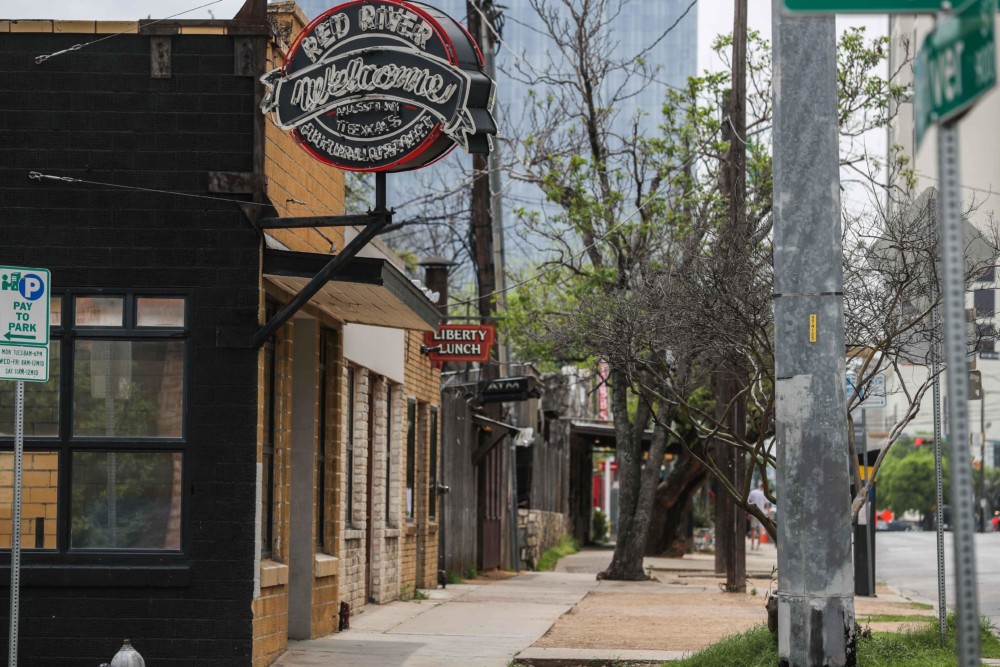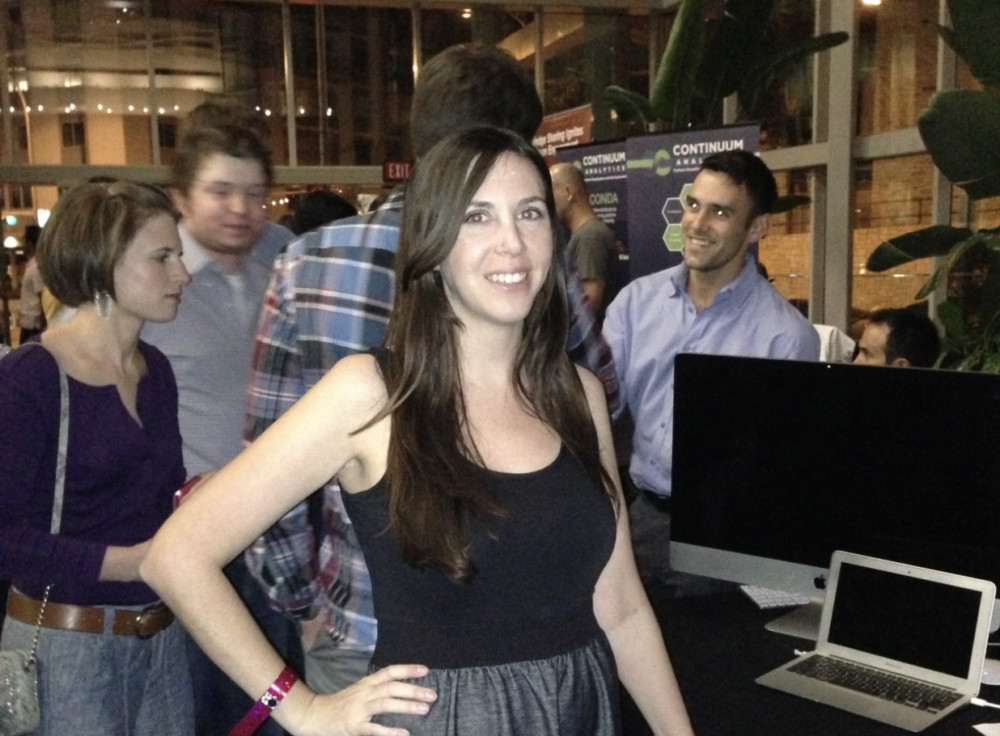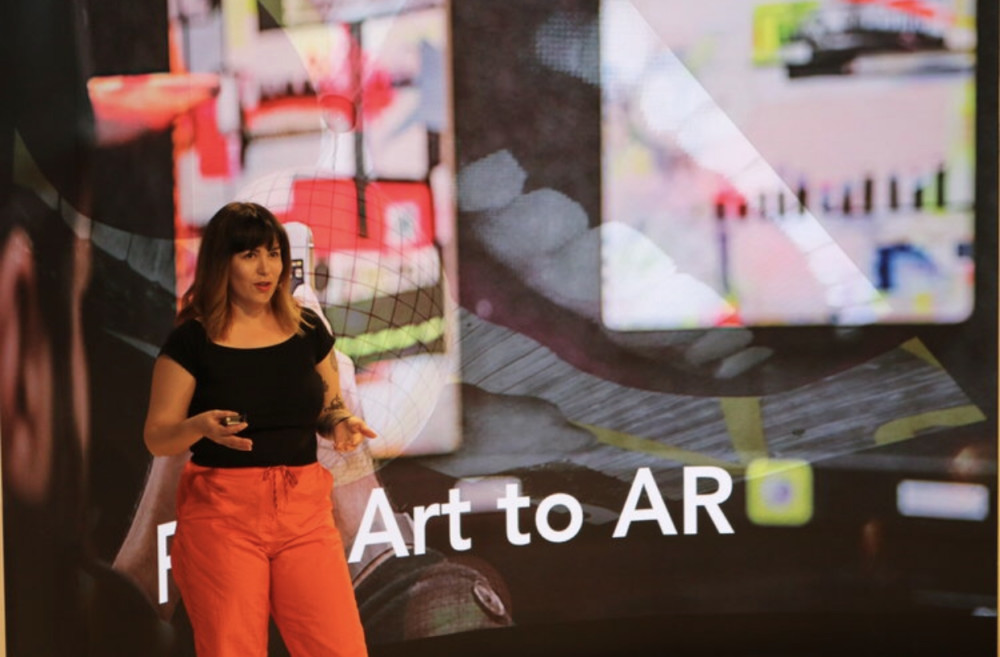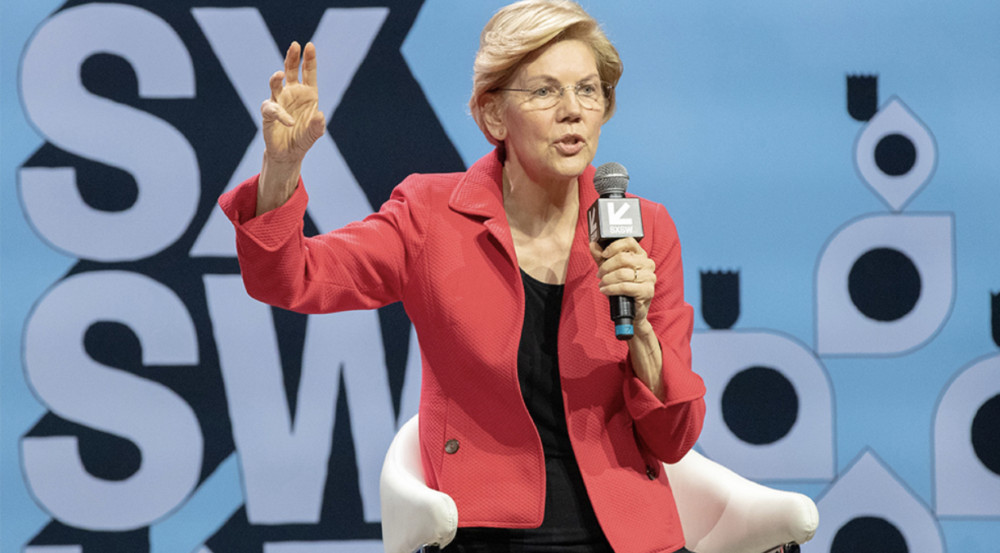Bob Sechler
Austin American-Statesman
WWR Article Summary (tl;dr) As Bob Sechler reports, “Pre-coronavirus, SXSW was widely considered to be the largest single event in Austin in terms of economic impact, with financial benefits to the metro area estimated at $356 million in 2019.”
Austin
There will be no lanyard-draped crowds of techies, music fans and film buffs spilling from the Austin Convention Center into downtown restaurants and bars this week, no hotels booked to the rafters, and probably no street corner publicity stunts by entrepreneurs grasping for a spotlight.
When the annual South by Southwest festival kicks off Tuesday in an online-only format, however, it will signal the resiliency of an internationally acclaimed Austin event and brand that was dealt a crushing blow a year ago.
SXSW, which grew from a local music festival in the 1980s into a pop culture extravaganza each March that attracted close to 100,000 registered attendees, speakers and media members from around the world, was abruptly canceled in 2020 because of coronavirus fears just days before it was set to start. SXSW was one of the first major events to be called off because of the pandemic and something of a canary in the coal mine for the economic havoc that the virus subsequently triggered.
“Our losses were financially devastating (because) much of the money we’d brought in had already been spent on the fixed annual costs” of producing the huge gala, said Roland Swenson, co-founder and CEO of SXSW LLC, the private company behind the annual festival.
In written comments to the American-Statesman, Swenson said a $5 million forgivable federal loan last year — part of the government’s pandemic relief effort called the Paycheck Protection Program — helped the company stay afloat in the aftermath of the cancellation, as have “furloughs, reduced salaries and reduced expenses across the board.”
But downtown Austin hotels, restaurants and clubs were also left reeling, in addition to other area businesses that expected to help stage the festival and the myriad parties and ancillary activities that typically surround it.
Pre-coronavirus, SXSW was widely considered to be the largest single event in Austin in terms of economic impact, with financial benefits to the metro area estimated at $356 million in 2019.
Other big draws were subsequently scrapped as well — including last year’s Austin City Limits Music Festival and the Formula One U.S. Grand Prix — so the lack of SXSW turned out to be just the first of many bitter pills for hospitality and tourism-related businesses amid a pandemic that has done outsized economic damage to industries that rely on crowds and face-to-face interactions.
“Literally, we have seen a screeching halt for everything,” said Jason Hicks, owner of an event marketing and production firm in downtown Austin called the Electric Company, which in the past has reaped big portions of its annual revenue by staging gatherings for corporations and others held in conjunction with SXSW. “It has been unbelievably difficult” over the past 12 months.
The fate of the 2020 SXSW festival was sealed March 6 when Austin Mayor Steve Adler declared a local disaster amid growing apprehension about the coronavirus, officially prohibiting SXSW from going forward. Public pressure had been increasing over the previous week for it to be voluntarily called off, however, and a lengthy list of companies and speakers had already dropped out.
SXSW’s goal in the wake of that total loss is to “at least break even” financially with the 2021 online-only event, Swenson said, and then to rebound with an in-person festival when people are comfortable gathering in crowds again, which he voiced optimism will be in 2022.
“Our hope is that once people feel that it is safe to return to what will be the new normal of life, there will be real enthusiasm for getting back to the things that brought them joy or opportunity or just the simple need to be out amongst humanity,” he said.
Swenson didn’t disclose the precise finances for this year’s event but said the cost of staging it will equate to just “a fraction of our normal operational budget.”
It will be half the length of previous years — five days instead of 10 — in addition to being online-only, and tickets are significantly less expensive. A pass for the all-virtual festivities costs $325, for instance, compared with $1,600 last year for the highest-priced registration.
Smaller economic impact
If successful, this year’s strategy will burnish SXSW’s brand and keep it in the public eye — with a roster of headliners that includes businessman Mark Cuban, politician Stacey Abrams, filmmaker James Cameron and music legend Willie Nelson — while whetting appetites in the tech, music and film industries for the eventual return of the live festival.
What the online-only event won’t do, however, is pack hotel rooms, restaurants and nightclubs in Austin with the tens of thousands of free-spending SXSW attendees whom many local businesses had come to rely on before the pandemic.
“The things that really drive the economic impact (for Austin) are getting people to town,” said Ben Loftsgaarden, a partner at corporate consulting firm Greyhill Advisors, which conducted a study for SXSW in 2019 that pegged the festival’s financial benefits to the region that year at about $356 million, up 1.5% from about $351 million in 2018.
“It’s the companies that come and rent out theaters (for special SXSW-related events), the people who spend days in a hotel room, go out to restaurants and bars (and) use our transportation” to shuttle between venues, Loftsgaarden said.
None of that will happen in any appreciable amounts this year.
Tom Noonan, CEO of Visit Austin, a city-supported nonprofit that markets Austin globally as a leisure and business destination, said there could be a small increase in hotel occupancy downtown during SXSW, but partly because it corresponds to spring break for many schools and because Gov. Greg Abbott recently lifted the state’s mask mandate and allowed businesses to operate at full capacity.
“It’s going to be hard to tie it to (SXSW’s) online event,” he said.
buy azithromycin generic buy azithromycin online no prescription
Still, Noonan, Loftsgaarden and others said the close link between Austin and SXSW — and the economic importance to both that the festival pick up where it left off when big public gatherings take place again — means the region has a significant stake in seeing the online effort succeed.
“It’s keeping the brand out there,” Noonan said. “And SXSW is Austin’s brand.”
Local businesses won’t reap many benefits this year, however, and it remains uncertain when enough people will be able or willing to travel and mingle in crowds again for an in-person event to be viable. SXSW faces other challenges as well, such as a still-pending lawsuit filed in the wake of the cancellation last year by some ticket holders who objected to the company’s decision to provide credits for future attendance instead of refunds.
But looking forward, some financial help could be on the horizon for the festival and the local businesses that have relied on it.
Possible state subsidies
State Rep. Donna Howard, D-Austin, recently filed a bill that would add future SXSW festivals to the state’s Major Events Reimbursement Program, providing subsidies to help stage SXSW from the estimated taxes generated by it. Many high-profile events statewide already are in the reimbursement program, including the F1 race at Circuit of the Americas.
SXSW “is the kind of thing we want to be supporting and ensuring its success,” particularly because restaurants, clubs and other hospitality-related businesses devastated by the cancellation last year are also those that have been pummeled the hardest financially throughout the pandemic, Howard said.
“I’m just trying to provide any opportunity we can to lend support to those segments of our economy,” she said.
Howard’s bill wouldn’t help SXSW this year if it wins approval. But it might in 2022, making it a potential boon for SXSW if the availability of vaccines has reduced the threat of the coronavirus enough by then for an in-person festival to take place.
Hicks, owner of the Electric Company event production company downtown, said he is just hoping he can hang on that long.
“We definitely need to get back to normalcy pretty quick, or we will be gone pretty quick,” he said. “We had a few good years, and we are just burning through that (savings) quickly. It’s not sustainable at all.”
Distributed by Tribune Content Agency, LLC.

















































































































































































































































































































































































